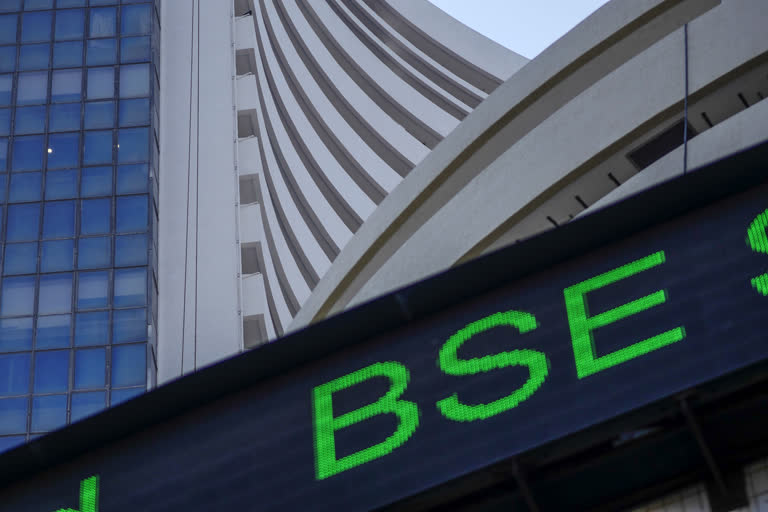Mumbai: Despite several challenges including the NBFCs-triggered liquidity crisis as well as global trade tensions and high crude oil prices, the Indian equities market emerged as one of the best performers globally in 2018-19.
"The Indian indices, S&P BSE Sensex and NSE Nifty50 both have outperformed major world indices in 2018-19," HDFC Securities' Retail Research Head Deepak Jasani told IANS.
The BSE Sensex rose nearly 17 per cent during in the financial year 2019, while the Nifty50 on the National Stock Exchange increased by 15 per cent during same period. For both the indices, this was the highest growth in any fiscal since FY 2009-10.
However, the gains were capped as crude oil prices rose and fears over a tariff war-induced global slowdown grew.
Read more:Government notifies new accounting standard on leases; effective from today
On March 29, the last trading day of FY 2018-19, Sensex rose 127 points to close at 38,672.91 and the Nifty50 settled at 11,623.90 points, higher by 53.90 points from its previous close.
On sectoral basis, the banks, energy and IT sector outperformed with a growth of 25 per cent followed by FMCG at 16 per cent and Pharma at 12 per cent. While the laggards were led by media at (-) 24 per cent, auto (-) 23 per cent and telecom (-) 22 per cent.
"Despite a volatile year due to US-China trade tensions, liquidity crisis and NBFCs, India-Pakistan border tension, the Nifty50 rallied by 14.9 per cent and BSE Sensex was higher by 16.9 per cent in FY19," said Shivendra Foujdar, Founder and Managing Partner, Avighna Trades.
The year was marked by several issues starting from high crude oil prices, rupee faltering to new record lows, liquidity crisis in the non-banking financial companies (NBFC), US-China trade tensions, delay in Brexit breakthrough among others.
Amar Pandit, founder of HappynessFactory.in a wealth-tech platform said that the market witnessed a correction in September-October after the NBFC crisis came to light as IL&FS defaulted in September.
He noted that recapitalisation of state-run banks which were under stress was a major boost for the markets. Along with recapitalisation of PSBs, eventual easing of liquidity concerns, and a sustained rise in foreign fund inflows also supported the market, according to analysts.
Expectations of the incumbent government coming back to power further boosted the investor sentiments.




